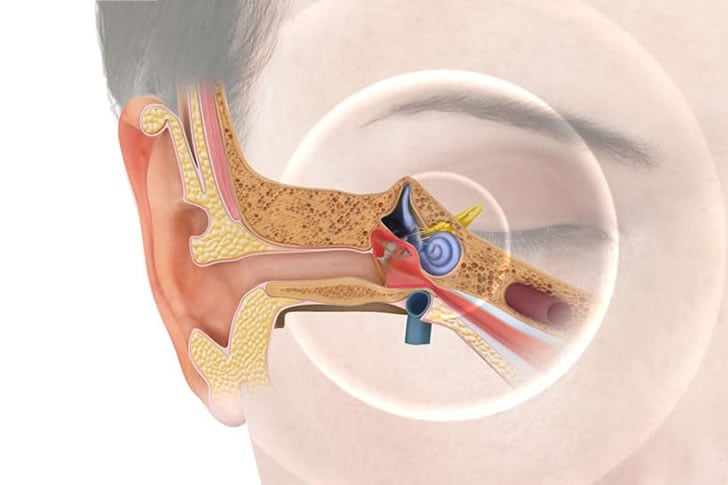Tinnitus can be a frustrating condition, but with the right approach, relief is possible. Here are some tips and treatments to help manage tinnitus noises effectively.

Understanding Tinnitus and Noise
Tinnitus is the perception of noise or ringing in the ears. Many people experience it intermittently, but for some, it can be a chronic issue that significantly impacts their quality of life. The noise can vary in pitch and type, ranging from a low hum to a high-pitched squeal.
Identifying Common Causes of Tinnitus Noise
Understanding the root causes of your tinnitus noise can help in finding the right treatment. Common causes include:
Exposure to Loud Noise
: Prolonged exposure to loud environments such as concerts, construction sites, or heavy machinery.Ear Infections and Injuries
: Conditions like ear infections or injuries to the inner ear.Hearing Loss
: Often occurs as part of the natural aging process.Other Medical Conditions
: High blood pressure, diabetes, or head and neck injuries.Lifestyle Changes to Reduce Tinnitus Noise
Limit Exposure to Loud Noises
: Avoid environments where loud noises are prevalent, or use earplugs or noise-canceling headphones.Manage Stress
: Stress can exacerbate tinnitus noise. Techniques such as mindfulness, yoga, and regular exercise can help lower stress levels.Monitor Diet and Substances
: Reduce caffeine and salt intake, and avoid alcohol and nicotine, as they can increase the perception of tinnitus noise.Exploring Tinnitus Treatment Options
If lifestyle changes are not sufficient, several treatment options can help manage tinnitus noise:
Sound Therapy
: Involves using background noise to mask the tinnitus noise. White noise machines, hearing aids, or specialized masking devices can be useful.Cognitive Behavioral Therapy (CBT)
: This form of therapy helps individuals cope with the emotional aspects of tinnitus. CBT can reduce the distress caused by tinnitus noise and improve one's ability to manage it.Medication
: Although there is no specific drug for tinnitus, some medications can help reduce symptoms. Antidepressants or anti-anxiety medications can sometimes offer relief.Hearing Aids
: These can be particularly effective if tinnitus is associated with hearing loss. They can amplify external sounds, making tinnitus noises less noticeable.Home Remedies and Self-Care
Several home remedies can offer temporary relief from tinnitus noise:
White Noise Apps and Devices
: Apps and devices that produce white noise can help mask tinnitus noise, especially during bedtime.Herbal and Natural Supplements
: Ingredients like ginkgo biloba and zinc are sometimes used to alleviate symptoms, although their effectiveness varies.Hydration
: Staying well-hydrated can sometimes help reduce the intensity of tinnitus noise.When to Seek Professional Help
Sudden Onset
: If tinnitus noise occurs suddenly or is accompanied by hearing loss or dizziness, seek medical attention immediately.Persistent Symptoms
: If the condition continues for an extended period and impacts your daily life, consult an audiologist or ENT specialist.Associated Health Issues
: If you have underlying health conditions like hypertension or diabetes, managing these with the help of a healthcare provider can often alleviate tinnitus noise.Tips for Managing Daily Life
Sleep Hygiene
: Establish a regular sleep routine and use white noise machines to promote restful sleep.Journaling
: Keep a diary of your tinnitus noise occurrences and patterns to identify potential triggers.Support Groups
: Joining support groups, either online or in-person, can provide emotional support and practical advice from others experiencing similar issues.Conclusion
Managing tinnitus noise involves a combination of lifestyle changes, treatments, and ongoing self-care. By identifying the cause and exploring various treatment options, it is possible to significantly reduce the impact of tinnitus on your daily life. Always consult with healthcare professionals to develop a personalized treatment plan tailored to your specific needs.









